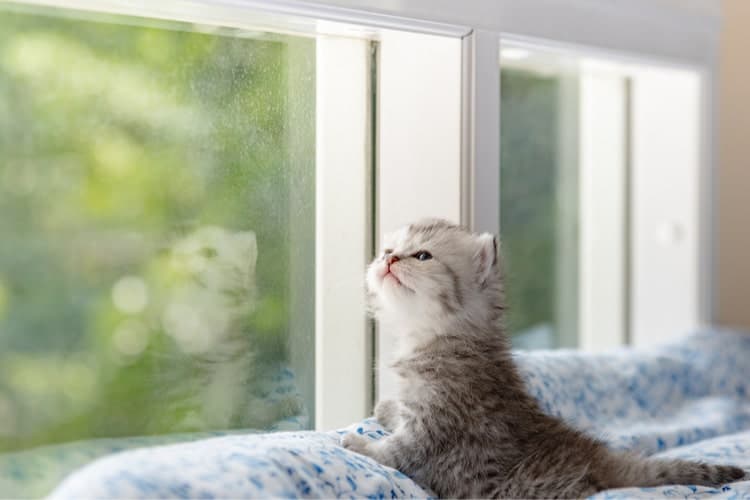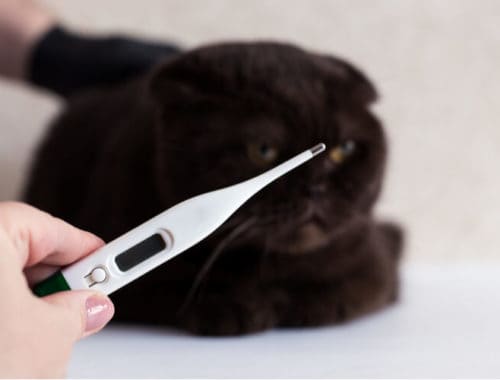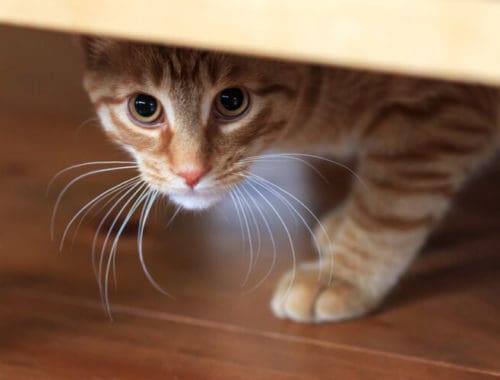Moving is stressful and can be especially so for animals. It doesn’t matter where you’re going; a Chicago suburban home, a luxury condo in New York City or a place in a small city like Columbus, Ohio that costs merely $700, some cats will just hide as soon as they are brought to a new apartment, and you may not see them regularly for days. Let’s look at seven ways that you can make your kitty’s transition to new quarters an easy one.
Delay Getting Another Pet
While you might think that getting a companion cat will make the transition to a new home easier, we suggest that you wait a little while before you do this. Your cat has a lot to adjust to and bringing a new being into the picture too quickly can complicate things.
Personal Space
Your pet needs you to take care of their personal space. Make sure that food and water are easily and comfortably accessible—putting those items behind the toilet because you are conserving space is not the best idea. If you have downsized, you are going to have to find quality space for your pet.
Litter Box
Maybe for your comfort as opposed to your kitty’s, get a covered cat litter box. You may actually want to check out a mechanical box that has an automatic closing device and also offers a self-disposal mechanism. While you possibly had been able to put the litter box in a large and unfrequented area like a garage before your move, that probably is not an option now, and you don’t want to be finding litter crumbs strewn throughout your house.
Scratching Issues
You never know exactly which item your kitty is going to pick to scratch, and if you don’t provide suggestions like a custom scratching post or cat tree, you may come home one day and find Grammy’s chair torn to shreds. Sure, little Precious never touched it before, but the stress of a small apartment can cause behavior changes you don’t expect.
Windowsill
Lots of cats love to bath in warm January sunshine, so make sure you leave a nice southern or western windowsill open and uncluttered so that your kitty can relax in the warmth.
Kitten-proof Your Apartment
Before you move in, take a look at any areas where your kitty could get into trouble. Open closets, open toilets, open pantries and open windows are all exciting places to investigate that could cause serious issues if your kitty finds poisonous and/or dangerous articles. You know what your cat likes to explore, so take steps early to remove potential problem spots.
Give It Time
While some pets adjust quickly, others might be freaked out. The best thing to do is leave your pet alone to adjust at his or her own rate. Don’t load up on catnip toys, for example, if your pet has not been exposed to that substance previously, and just let your pet be.
One more hint: If you have moved to a different city or far away from your previous residence, make sure that you have made a vet connection before you need it. 24-hour vet clinics may be great but they can be costly.
Moving is stressful for anyone, and your cat is no different, but by taking the steps above you can make the process easier and less disruptive.










